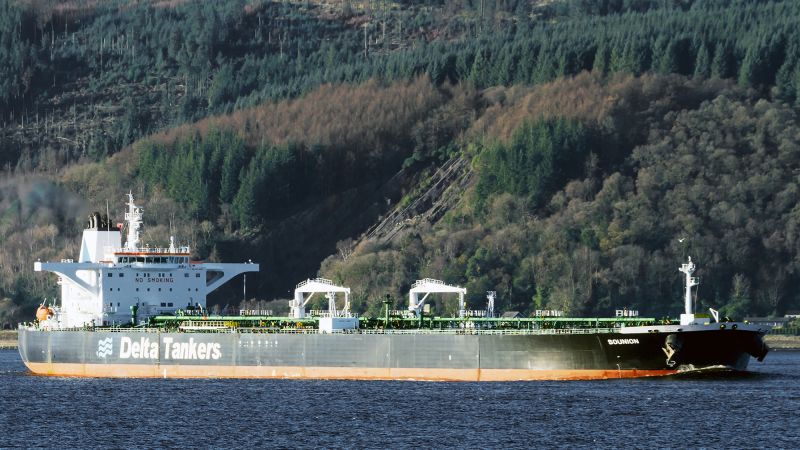
Red Sea Incident: Greek Oil Tanker Threatens Environment in Environmental Hazard
The recent attack on a Greek-flagged oil tanker in the Red Sea has sparked concerns over the potential environmental hazards posed by the incident. The vessel, identified as the MINERVA HELEN, was reportedly struck by an explosive-laden drone off the coast of Yemen, resulting in a fire and causing significant damage to the ship. As a result, there are growing fears about the potential environmental impact of the incident, particularly in terms of oil spills and pollution in the region.
The attack on the MINERVA HELEN comes at a time when maritime security in the Red Sea and surrounding areas is increasingly fragile due to ongoing conflicts and geopolitical tensions. The Red Sea holds strategic importance as a major shipping route for oil tankers and other vessels, making it vulnerable to attacks and disruptions that can have far-reaching consequences for the environment and regional stability.
The potential for an oil spill from the damaged tanker is a primary concern following the attack. Oil spills can have devastating effects on marine life, ecosystems, and local communities, causing long-term environmental damage and economic losses. The MINERVA HELEN was reportedly carrying a significant amount of crude oil at the time of the attack, raising fears that a spill could occur if the vessel is not effectively contained and salvaged.
Efforts to contain and mitigate the environmental impact of the attack are already underway, with response teams working to assess the extent of the damage and devise a plan to prevent an oil spill. However, challenges remain in securing the damaged tanker and preventing any potential leakage of oil into the Red Sea waters. Cooperation between international organizations, regional actors, and industry stakeholders will be crucial in navigating the complex aftermath of the attack and ensuring a coordinated response to protect the environment and mitigate risks to marine life and ecosystems.
The attack on the Greek-flagged oil tanker in the Red Sea serves as a stark reminder of the vulnerability of maritime shipping routes to security threats and the potential for environmental disasters in case of disruptions or conflicts. It underscores the importance of robust security measures, contingency planning, and international cooperation in safeguarding the marine environment and preventing catastrophic events such as oil spills in sensitive regions like the Red Sea.
As the situation unfolds and efforts to contain the environmental impact of the attack continue, it is essential for all stakeholders to remain vigilant and proactive in addressing the challenges posed by the incident. By working together to address the security and environmental risks associated with maritime activities in the Red Sea and beyond, we can strive to ensure the protection of our oceans and prevent future incidents that threaten the delicate balance of marine ecosystems.
